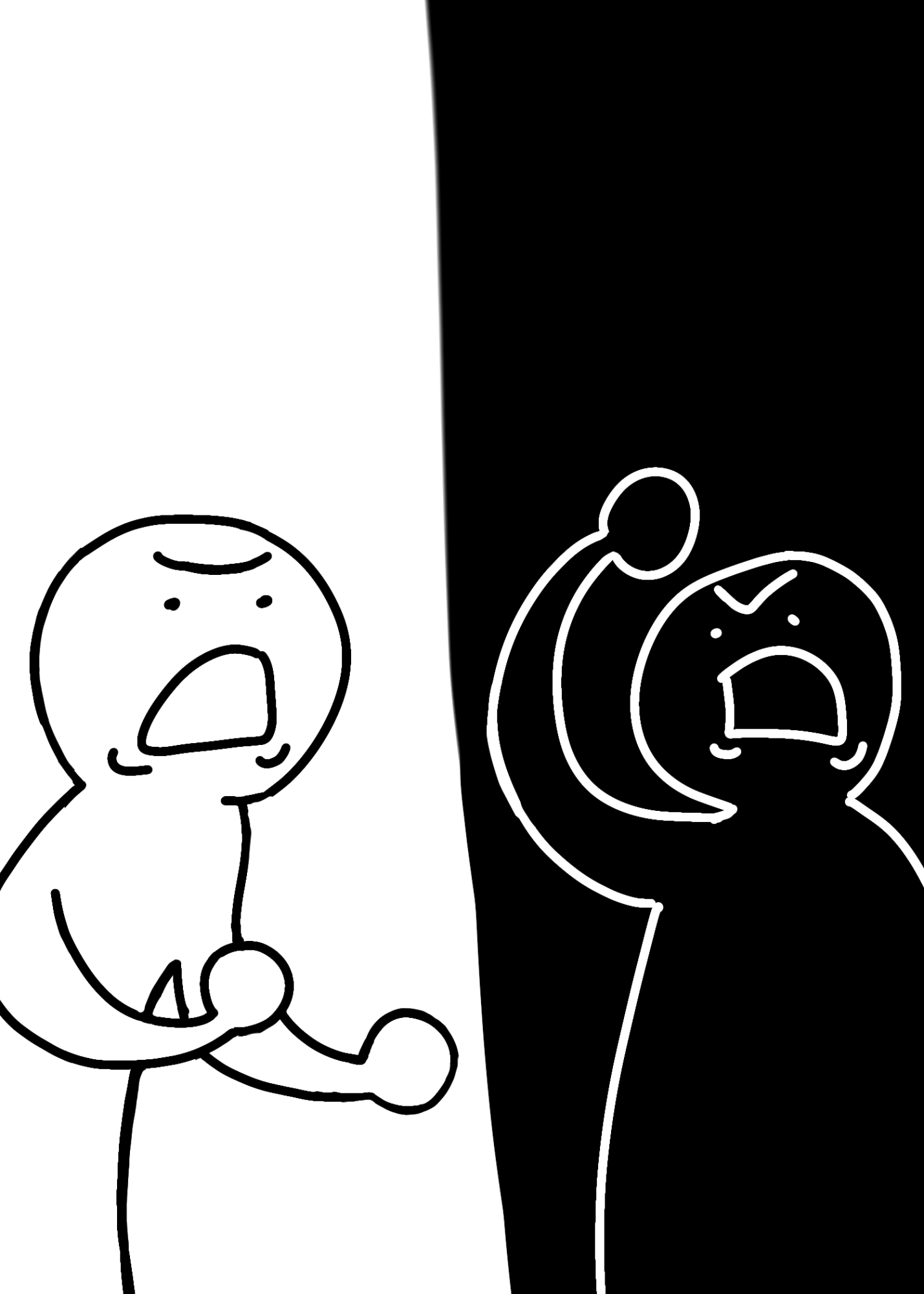The world is not nearly as polarized as we think. As much as the state of the world right now seems like there is so much evil, it’s not that simple.
We decide to place things into categories such as good and bad, simply to take complex issues and make them more simple.
We tend to accept the opinions put in front of us instead of expanding and learning more about it.
If you can say that one side of any conflict is completely good or evil in any complicated situation, you must expand your horizons and learn more about it.
Especially in modern America, where there are only two prominent political parties, people tend to take on political issues and quickly decide which decision is right or wrong.
Many Americans feel so entrenched in their identity as either a Democrat or Republican, they find it difficult to reach across the aisle and disagree with their party on certain subjects.
You can identify as a Democrat but agree with certain beliefs in the Republican party and vice versa.
Putting people into one of two categories and expecting them to agree with every single thing in that category is ignorant. It creates a divide, making people unwilling to learn about the other side of the issue causing more hatred towards each other.
We see extreme sides of both political parties and forget that the average American is more moderate than we think.
Most Americans identify more in the middle of the political spectrum than we are willing to admit.
A study at Columbia University Mailman School of Public Health, led by assistant professor of health policy and management Kai Ruggeri shows that the belief that Americans are incredibly divided, is untrue.
“Our study provides evidence that people around the world overestimate the negative feelings of their political opponents, when in fact the other side is often much less negative than the perceptions we harbor about the other group,” Ruggeri stated.
He, along with his fellow authors, published these findings in the Nature Human Behavior journal.
We have come to a point where, when people form their opinion, they forget that the opinion they have is based on personal experiences that others may not have. Religion, race, economic background and many other factors can influence how people perceive an issue, making it incredibly hard to see outside of our personal views.
A man who comes from a religious, wealthy family may very well have different opinions on abortion than a teen mom who grew up without as much.
Trying to take complex issues and stick them into categories to make them seem more simple will always do more harm than good.
So how do we make educated decisions on these issues?
To do so, you have to do proper research on both sides and be open to the personal experiences and opinions of others.
Saying there’s a grey area doesn’t always mean that what someone is doing isn’t bad, it just means that there is most likely more to the story than meets the eye.
When issues become difficult, people make quick judgments to make what is usually a complex decision and decide what they believe without doing appropriate research.
The belief that you can generalize convoluted issues into a single category is juvenile and needs to be acknowledged as a problem we have in the twenty-first century.








